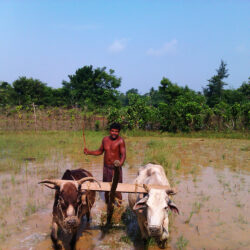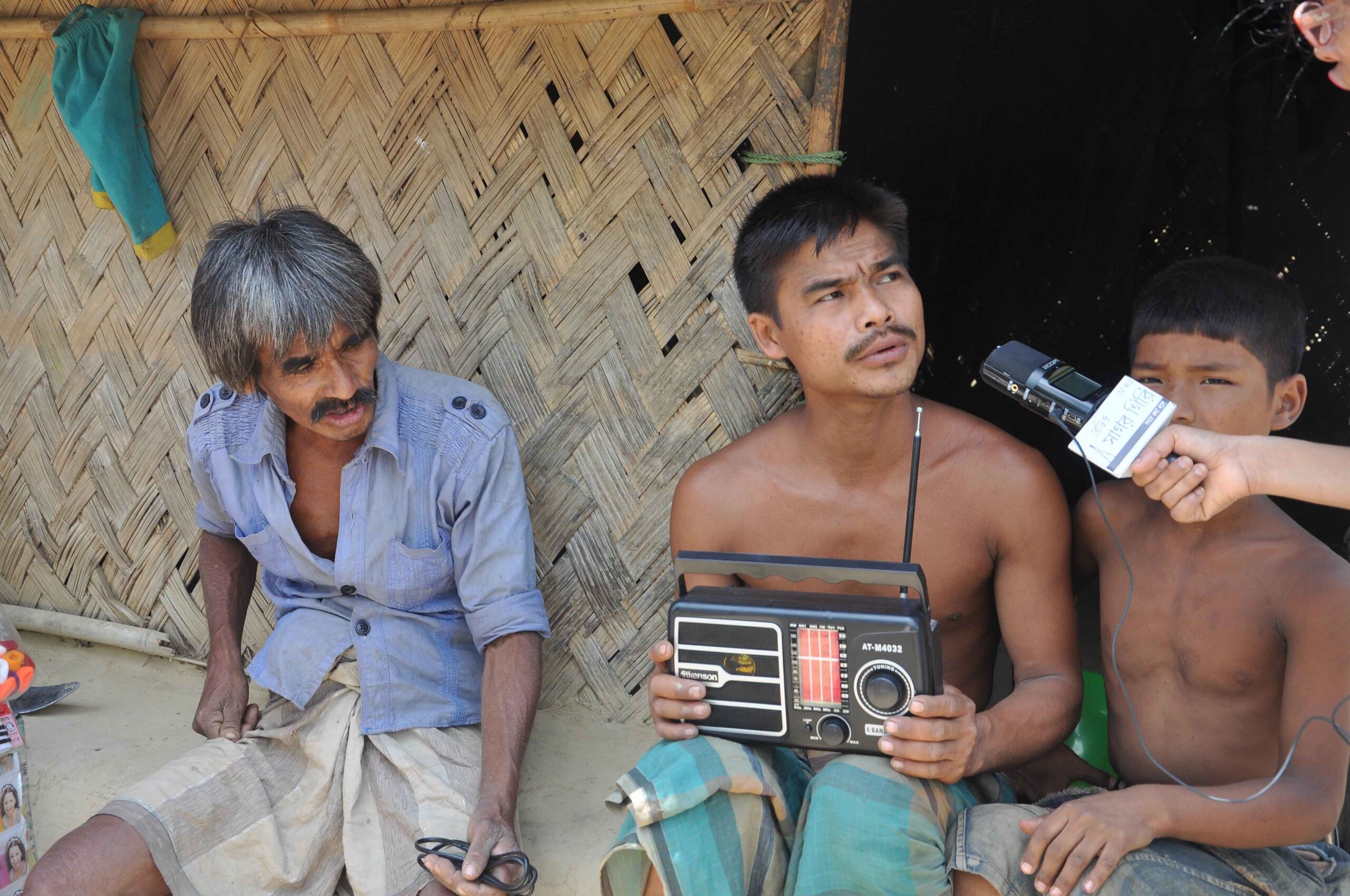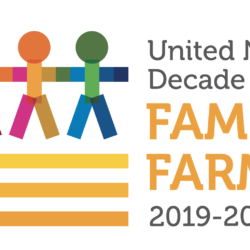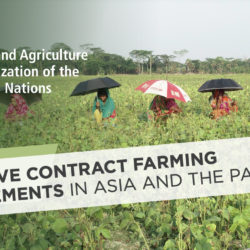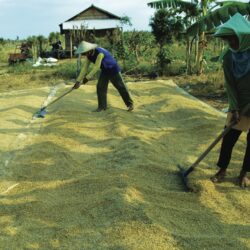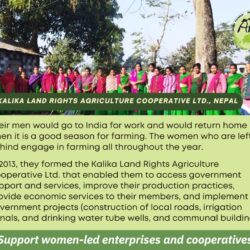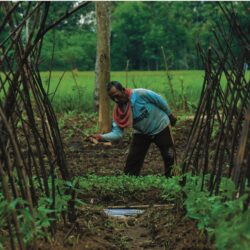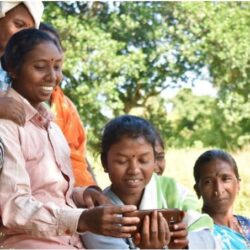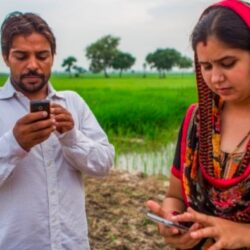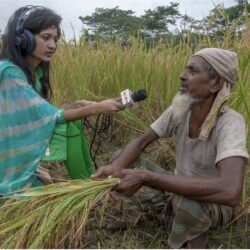Farmers in Odisha use radio as main source of agricultural information
Despite the abundance of mobile phones and increased internet penetration, a survey among farmers from Odisha, India, found that the radio was still the primary source of general agricultural information. One hundred and twenty farmers participated in the said survey. It was conducted by Visva-Bharati University in West Bengal. The farmers were of middle age,… Read More

